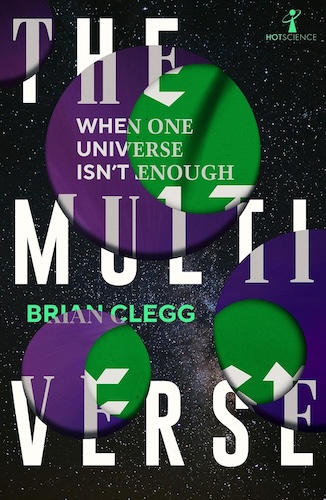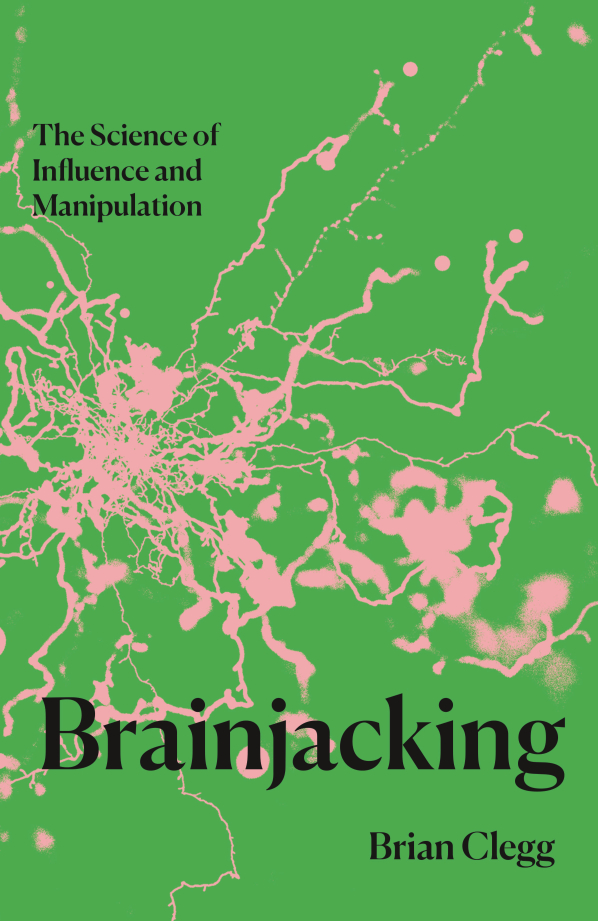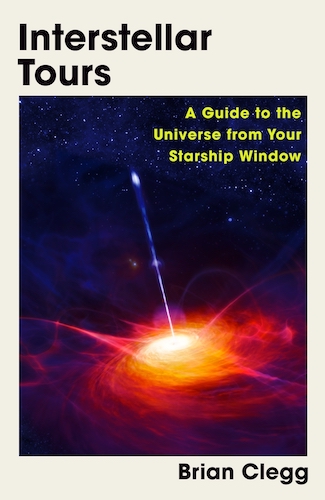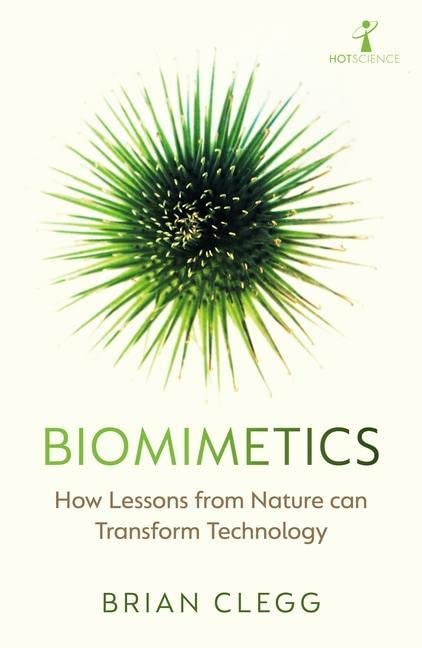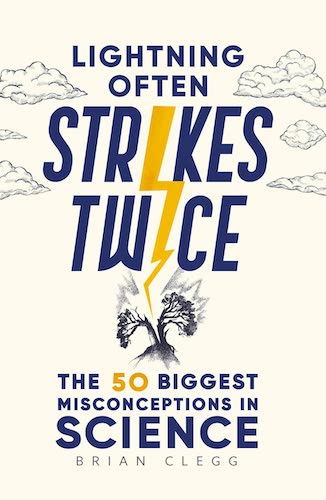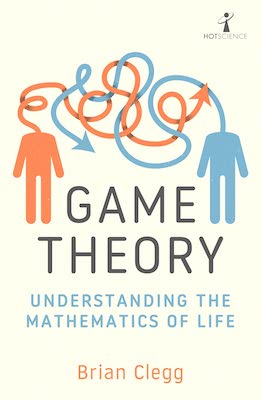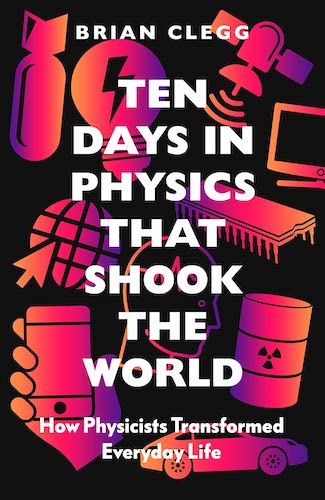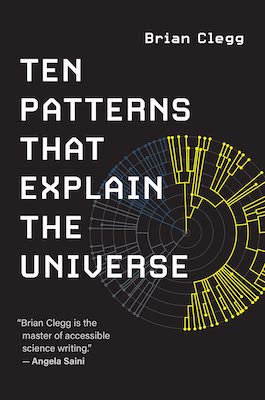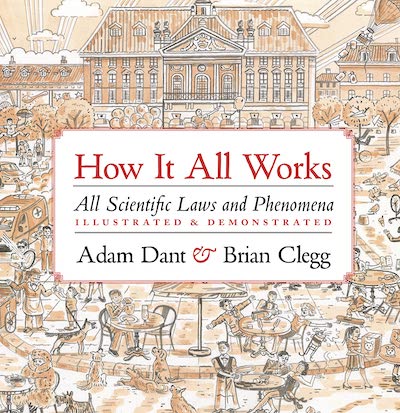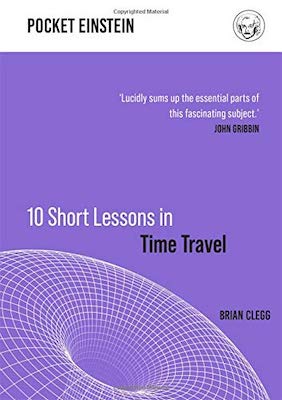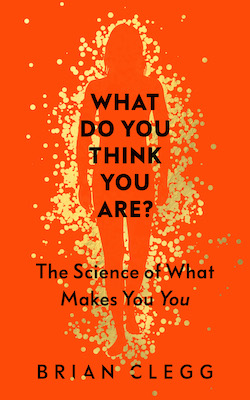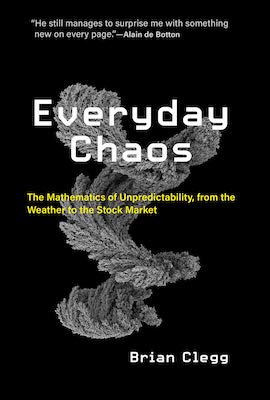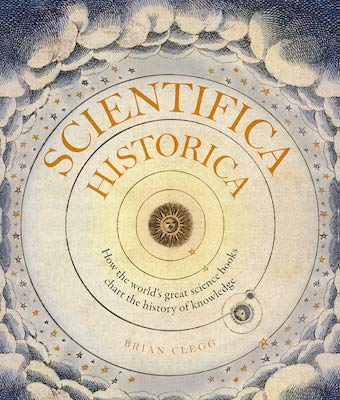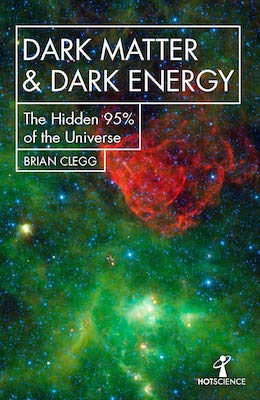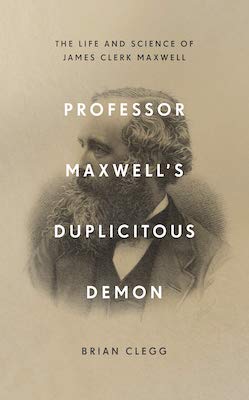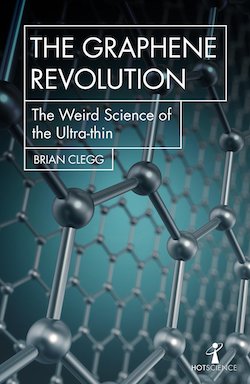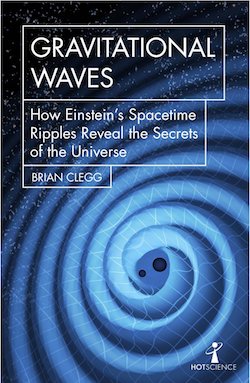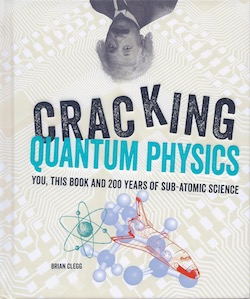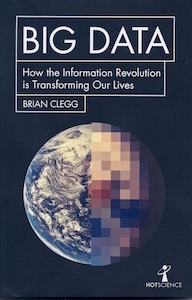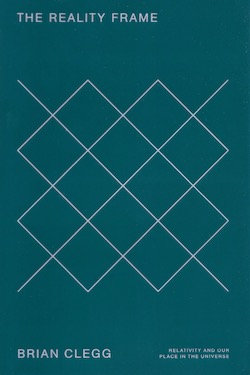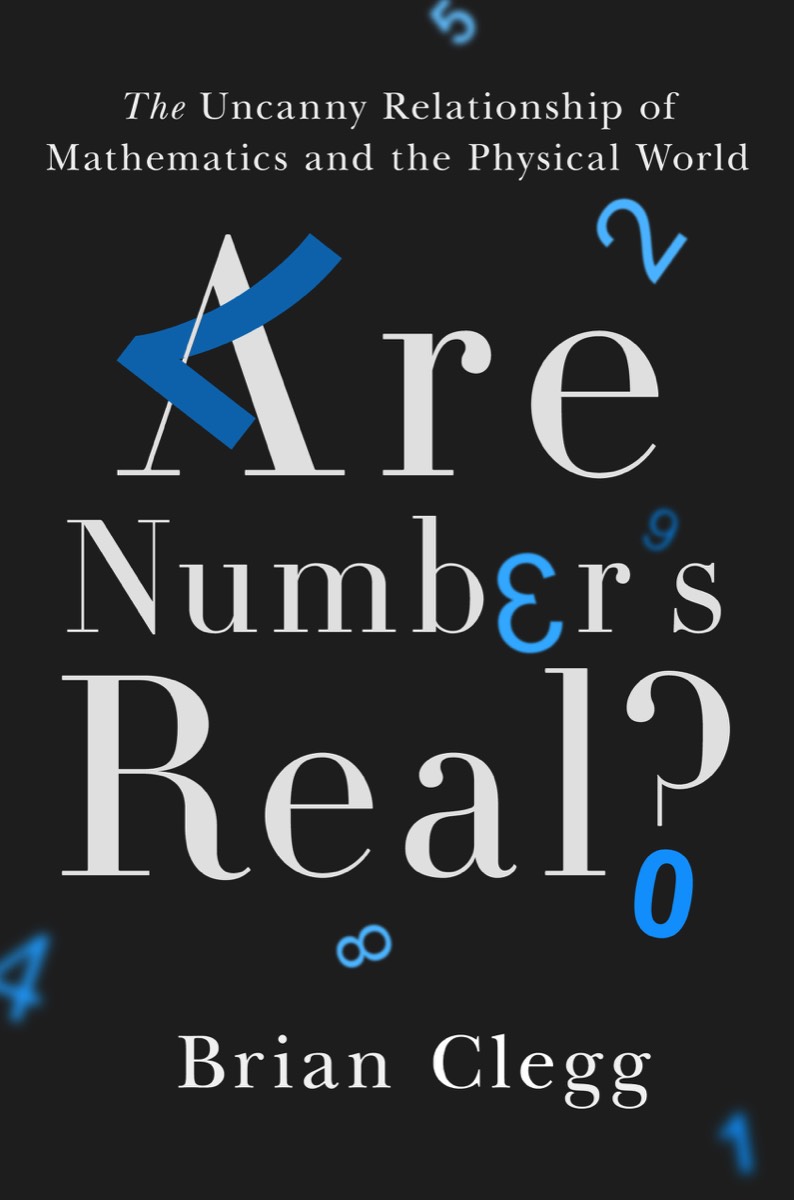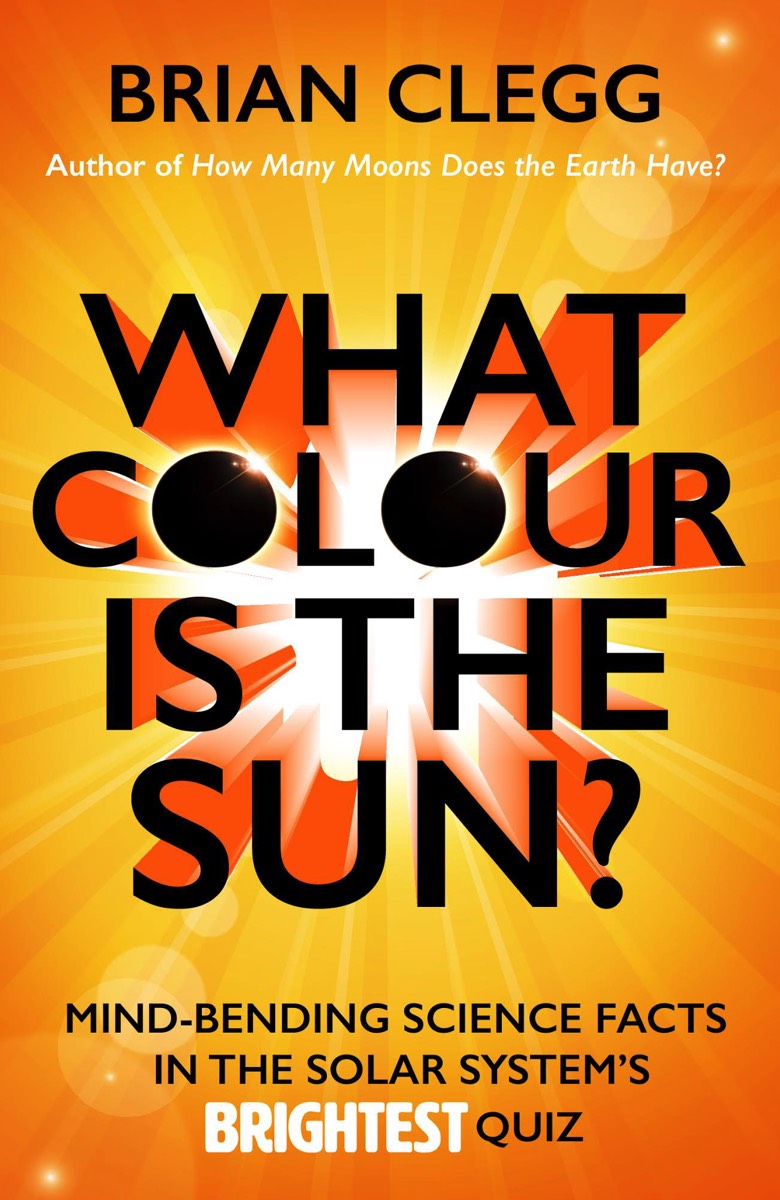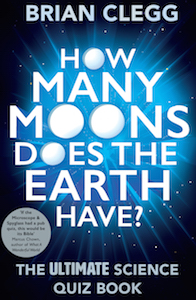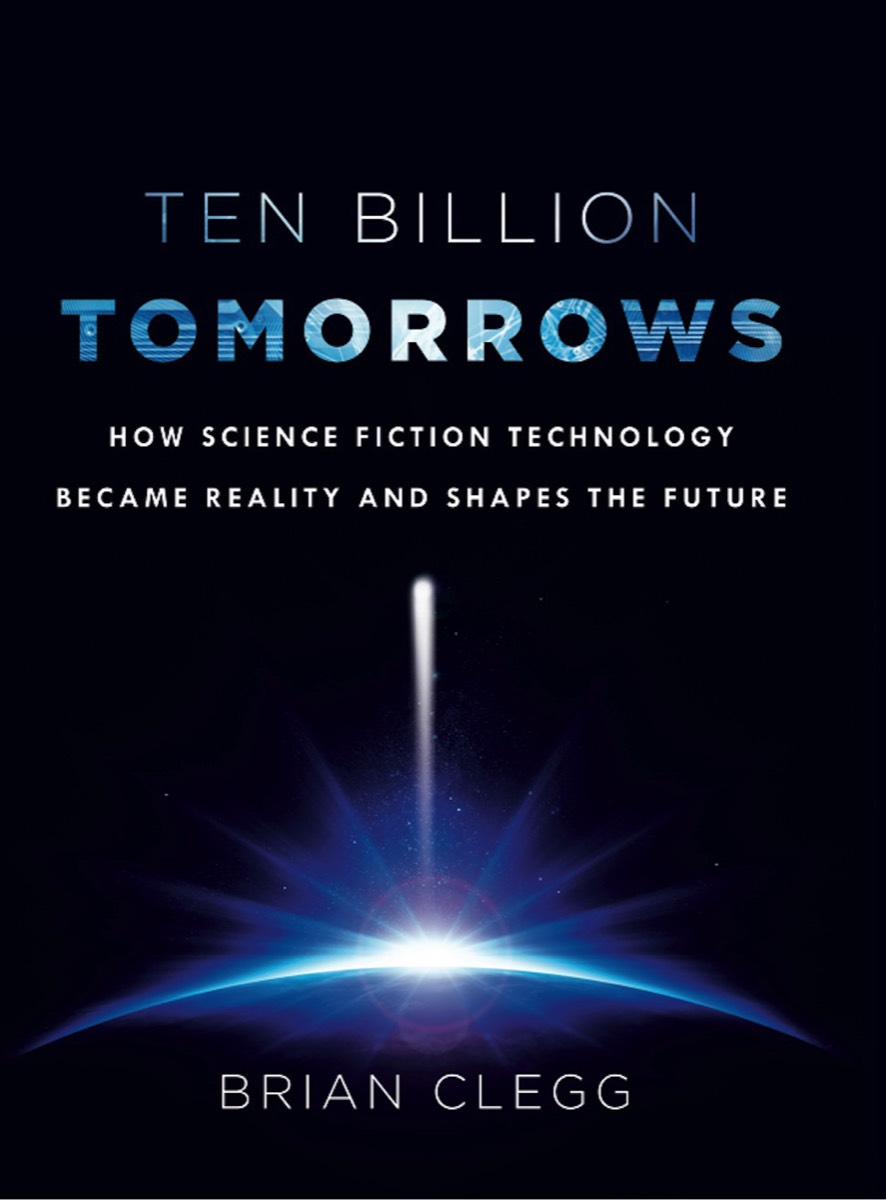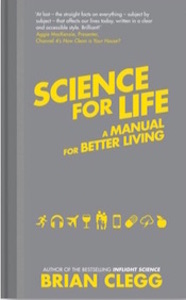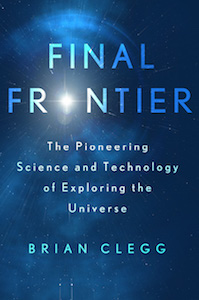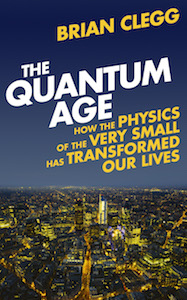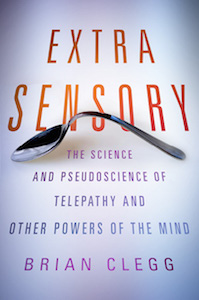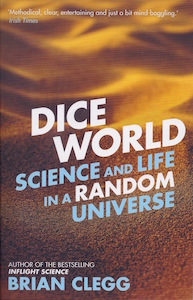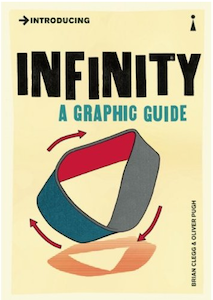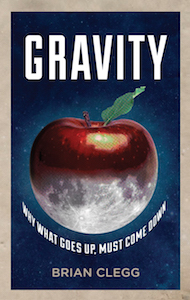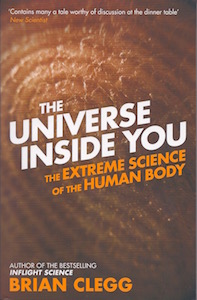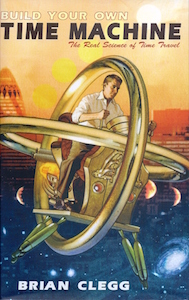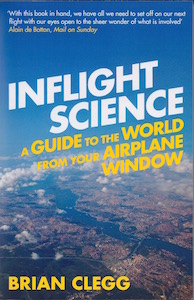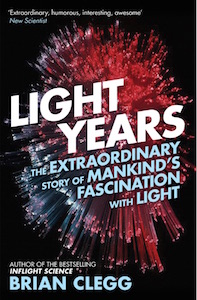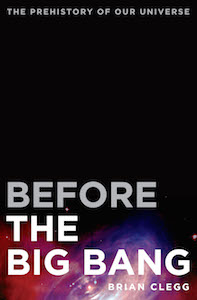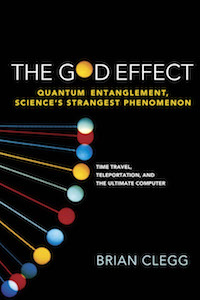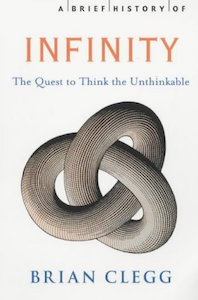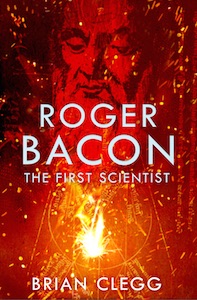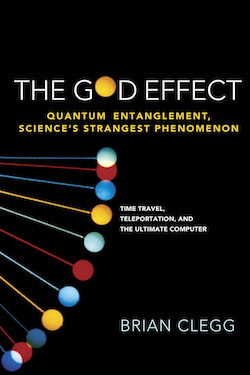
The God Effect
It is a delightful book. The author does a superb job of presenting the story of a remarkable concept in a relaxed and entertaining style.
Brian Clegg
If you've ever wondered whether mankind might someday communicate across the vast distances between the stars, develop codes that cannot be broken, devise computers that would make finding a needle in a haystack trivial, or even learn to create teleportation, then the amazing science portrayed in The God Effect will astound and fascinate with its portrayal of a universe-our own-so strange that imagination can scarcely suffice to grasp it.
What is entanglement? It's a connection between quantum particles, the building blocks of the universe. Once two particles are entangled, a change to one of them is reflected --instantly--in the other, be they in the same lab or light-years apart. So counter-intuitive is this phenomenon and its implications that Einstein himself called it "spooky" and thought that this unbelievable concept would lead to the downfall of quantum theory. Yet scientists have since discovered that quantum entanglement, the God Effect, was one of Einstein's few-and perhaps one of his greatest-mistakes.
Already entanglement is being used in encryption, quantum computing and quantum teleportation. Some scientists have even speculated it might be responsible for telepathy, the existence of life, or the nature of matter itself. The story of how entanglement was conceived as a counter to quantum theory, proved to exist and is now finding more and more dramatic applications is enthralling and fascinating. It's nothing less than the next big thing.
Hear Brian discussing quantum entanglement for unbreakable encryption on BBC Radio 4 Today:
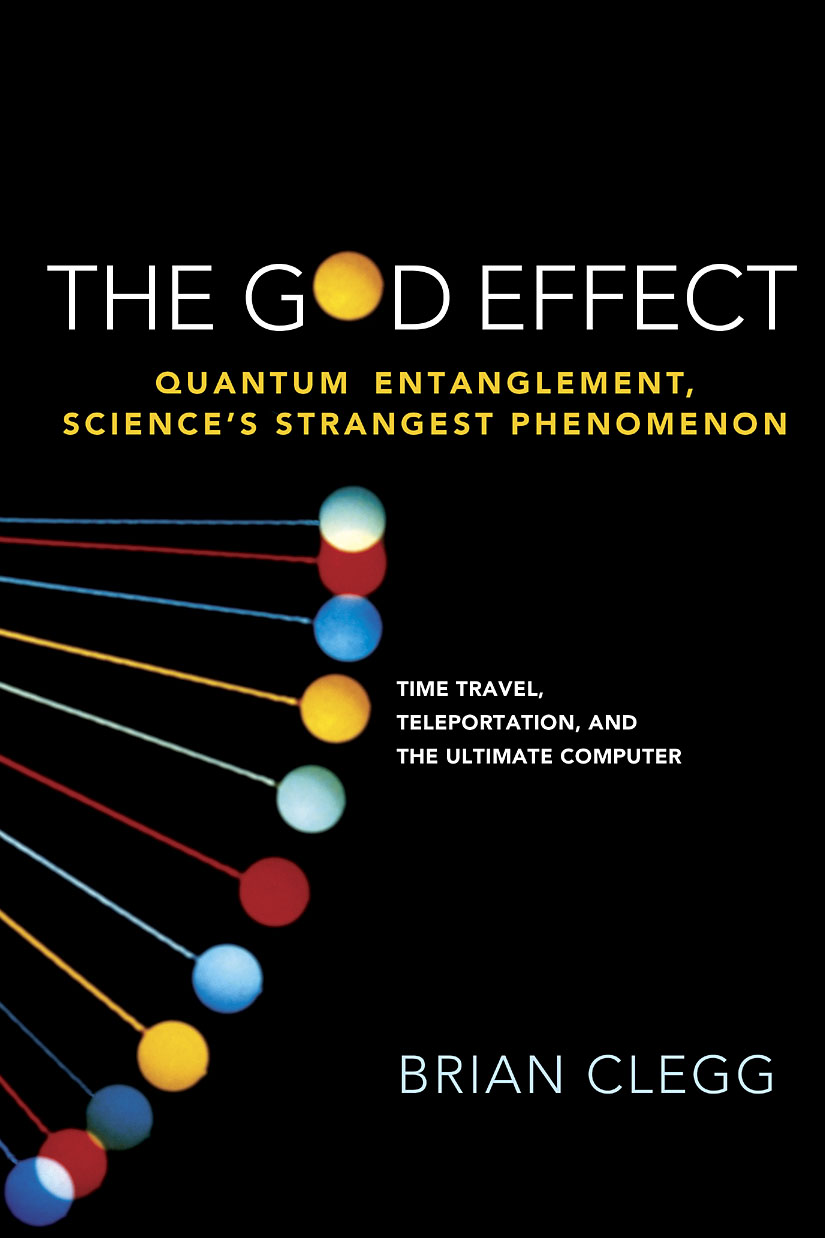
If you’d like a signed copy - it makes a great gift - purchase direct below when available. If you want a personalised inscription, just drop Brian an email at the same time with the details.
Paperback
Kindle
Nook
Kobo
Apple UK
Apple US
Using these links earns us commission at no cost to you
Reviews
We are used to hearing that “Einstein’s greatest mistake” had been his throwing in the cosmological constant to explain the expansion of the universe. Though these days this seems less of a mistake. But he definitely didn’t get one fact right — that’s quantum entanglement. In fact, it was Einstein who for once was mistaken, and entanglement has proved to be one of science’s strangest phenomena.
The book begins with some background information — Einstein’s original “entanglement busting” paper, early attempts to show whether or not entanglement existed and the experiments that demonstrated it in action. Clegg makes a great job of explaining what is going on in layman’s terms, and bringing alive the major characters not widely known outside this field such as John Bell and Alain Aspect. The book really triumphs when he moves on to the remarkable applications of entanglement that have started to be developed over the last few years. Overall, this is a superb exploration of this weird and wonderful physical phenomenon and the ways it could change our lives. The book is well-written and can be approached without any technical background. It may also appeal to undergraduates as entanglement tends to get very limited coverage on physics courses. RECOMMENDED - The Telegraph, Calcutta
Brian Clegg, a science writer from Wiltshire in the UK, provides a clear, non-technical guide to entanglement and its fascinating implications. Clegg explains how the concept, and controversy, of entanglement emerged in the famous 1935 paper by Einstein, Podolsky and Rosen in which instantaneous action at a distance was dismissed with the following: “No reasonable definition of reality could be expected to permit this.” But entanglement could not be cast aside that easily, and its intricacies are now on the verge of making revolutionary applications in computing and cryptography possible. Physics World
We are used to hearing that “Einstein’s greatest mistake” had been his throwing in the cosmological constant to explain the expansion of the universe. Though these days this seems less of a mistake. But he definitely didn’t get one fact right — that’s quantum entanglement. In fact, it was Einstein who for once was mistaken, and entanglement has proved to be one of science’s strangest phenomena.
Science writer Clegg (“A Brief History of Infinity”), discussing the field of quantum mechanics, asserts that "[e]very experiment takes us a step closer to realizing just how strange the world is at the quantum level." Quantum entanglement is the oddest of them all... Clegg does an excellent job of explaining this complex situation in nontechnical terms; he details the many experiments that have consistently suggested that entanglement is real. The implications for future technological advances are huge, and Clegg is at his finest as he embeds potential advances in a broad historical context. Data could be encrypted in unbreakable codes; computers could become thousands of times more powerful than today; objects, and maybe even living organisms, could be instantaneously transported. While highly speculative, these possibilities could change our notion of reality.” - Publishers Weekly
It is a delightful book. The author does a superb job of presenting the story of a remarkable concept – quantum entanglement – in a relaxed and entertaining style. He succeeds admirably in steering the reader through a number of mind boggling features of the quantum world and their fascinating applications. Professor Artur Ekert, Leigh Trapnell Professor of Quantum Physics, Cambridge University
A masterful account of the phenomenon Einstein thought so crazy it could not possibly be true (Only it is!) Marcus Chown, author of The Universe Next Door
A marvellously clear and engaging account of the people and ideas involved in trying to understand the deepest mysteries of the quantum world and convert them into a useful technology. Gregory Chaitin, author of Meta Math! The Quest for Omega
Links to purchase books earn us commission at no cost to you

